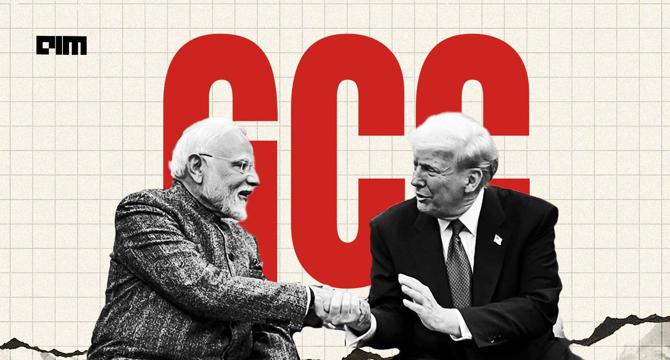Analyticsindiamag
2w
109

Image Credit: Analyticsindiamag
Will Trump’s Tariffs Derail India’s GCC Expansion?
- US President Donald Trump's proposed reciprocal tariffs are causing concern among Indian exporters as they could disrupt supply chains and increase costs.
- India's response to these tariffs will be crucial, with potential impacts on market expansion for both countries and competitiveness of American automakers in India.
- There is speculation that higher tariffs could prompt Indian manufacturers to focus on domestic production and explore new export markets.
- Research suggests that even with increased US tariffs, India's overall exports may only decline by 3-3.5%, with ongoing trade agreements potentially mitigating the impact.
- India's global capability centres (GCCs), particularly in automotive R&D, are less likely to be directly affected by tariffs due to the country's strong digital and engineering capabilities.
- There is optimism for India's GCCs, with projections indicating substantial growth potential by 2030 and ongoing investments by major global automakers in R&D centers in India.
- Despite potential trade tensions and policy shifts, India is seen as a critical hub for talent, innovation, and operational efficiency by global enterprises.
- India's growing role in global technology leadership, with expertise in AI, machine learning, and digital technologies, could further solidify its position as a strategic partner for global enterprises.
- The GCC ecosystem in India remains resilient and future-ready, with a continued expansion of GCC investments expected, showcasing the country's importance in a tech-driven global economy.
- Overall, while Trump's tariffs may pose challenges, India's GCCs appear poised for consistent growth and advancement in the global tech landscape.
Read Full Article
6 Likes
For uninterrupted reading, download the app